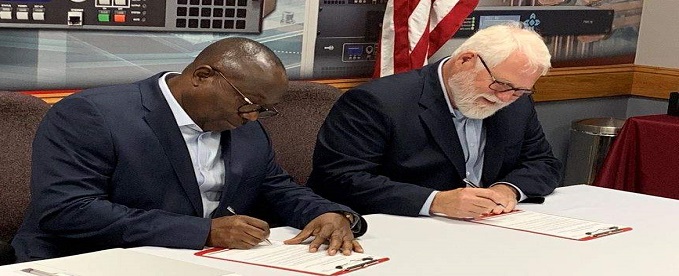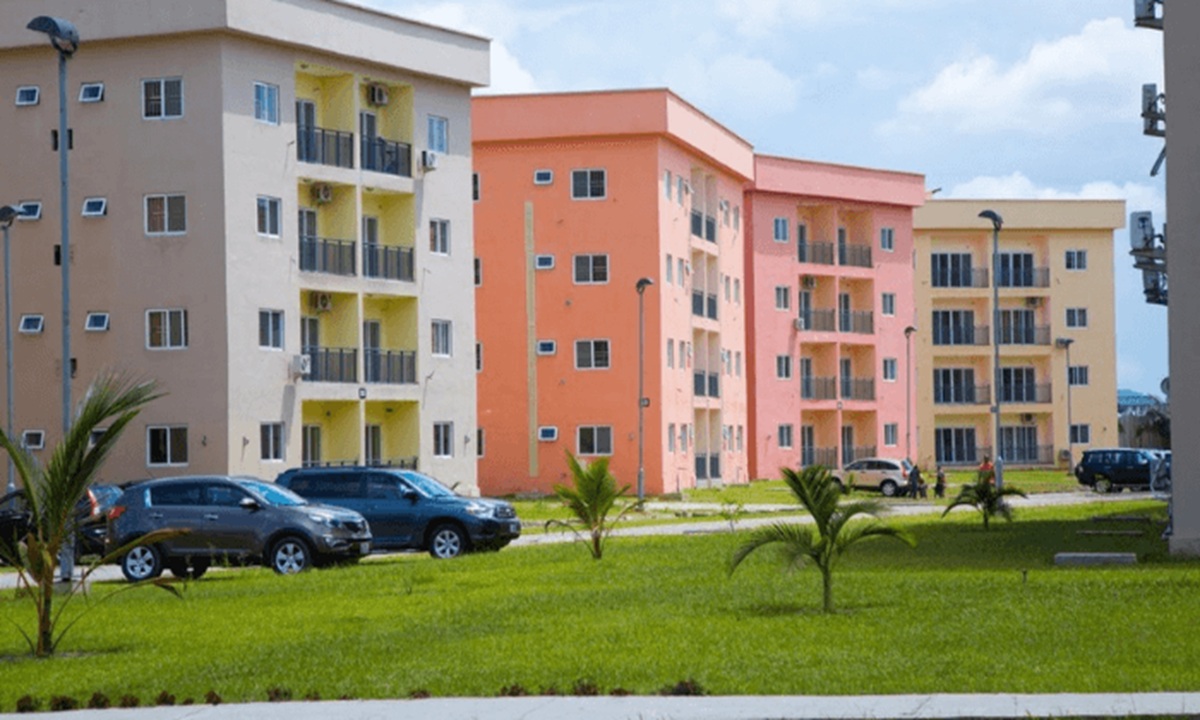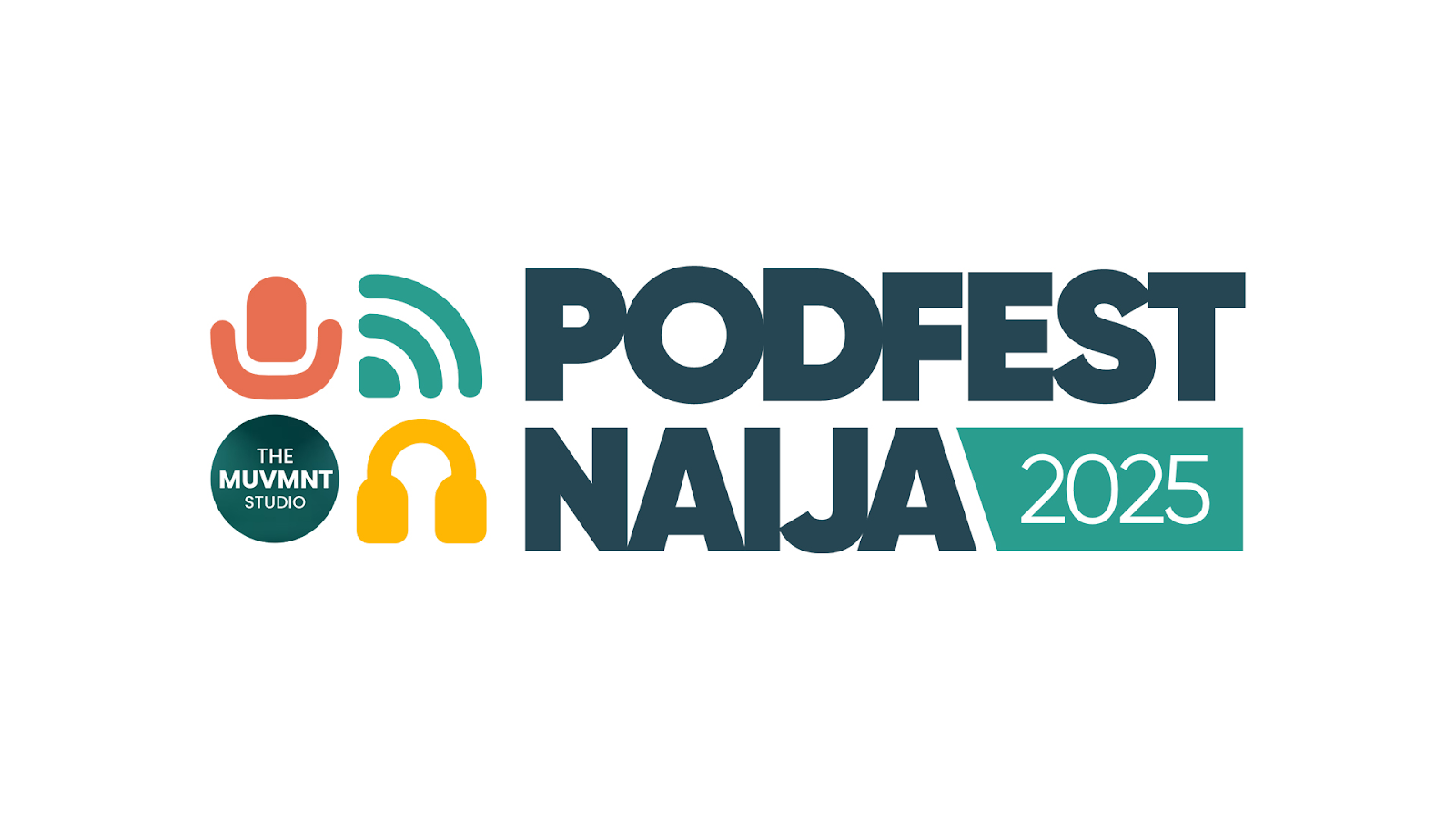Broadcasting
Pinnacle, GatesAir Ink Pact on Expanded Digital TV Switch Over

Pinnacle Communications, Nigeria’s leading digital broadcast technology company has signed an agreement with GatesAir, top American firm, to continue the digital TV build-out across the nation.
The agreement with GatesAir, which produces wireless, over-the-air content delivery solutions for radio and TV broadcasters, will allow the expansion of new digital TV services and the Digital Switch-Over initiative.
The expansion is expected to reach more than 50 million homes and 170 million residents.
The licensed signal distributor for the DSO in Nigeria, Pinnacle Communications, brought a delegation to the GatesAir’s Quincy’s manufacturing facility in the US last Friday to see the next-generation product designs and readiness to complete greenfield build-outs.
GatesAir has had a relationship with Pinnacle Communications since 1998 to launch TV and FM radio systems across Nigeria.
Sir Lucky Omoluwa, chairman and CEO of Pinnacle Communications, highlighted his company’s long relationship with Gates-Air, especially the quality.
“Sometime in 2016, we had 12 weeks to deliver a station,” Omoluwa said.
“All the transmitters were from here. We didn’t do any site testing. We just plugged them in, and they’re still on.”
Bruce Swail, GatesAir CEO said half of the products GatesAir produces are for international customers.
“The broadcasting technology created and built here in Quincy has a huge transformative impact across the globe, and as a result, a lot of people around the world are grateful to Quincy.”
Andy McClelland, Gates Air’s managing director for the Europe/Middle East/Africa Region, said GatesAir has been on the digital path with Pinnacle for a short time, but will be on it for years to come.
“A state-of-the-art, digital, terrestrial television platform being rolled out in the heart of Africa that can by the envy of not only Africa but of Europe,” McClelland said.
Quincy Mayor Kyle Moore told the group that he was proud to see GateAir’s partnerships around the globe.
“They have the ability to deliver on very large programs with the upmost integrity,” Moore said. “With 97 years of history in our community, you have chosen the right partner to support your efforts of the digital switch over in Nigeria.”
Broadcasting
FG Withdraws Case against MultiChoice after Settlement

Federal Competition and Consumer Protection Commission (FCCPC) has withdrawn its criminal case against MultiChoice Nigeria Limited and its top executives after both parties reportedly reached an amicable settlement.

Recall that the FCCPC and MultiChoice have been at odds for months since the pay-TV operator hiked the pricing of its DStv and GOtv services in March.
The FCCPC then summoned the company to explain the rationale for the increases and submit supporting papers, after which it said MultiChoice failed to comply.
Viewing this as a violation of the FCCPC Act’s regulatory directives, the Commission filed a seven-count criminal lawsuit accusing MultiChoice and several of its top officials of hindering investigations and failing to comply with summons.
Nonetheless, the parties informed Justice James Omotosho of the Federal High Court in Abuja on Tuesday that they had reached an amicable agreement, bringing the legal dispute to a conclusion.
Daniel Amadi, lawyer to the FCCPC, informed the court that a notice of withdrawal had been filed on August 16, following the resolution of all outstanding issues.
With no objections from the defence, Justice Omotosho dismissed the case, effectively ending the proceedings.
The commission underlined that compliance and transparency are still critical for sustaining trust between firms and regulators in Nigeria’s consumer market.
Broadcasting
FG-backed mortgage reforms help over 700 Nigerians become homeowners in 6 months

More than 700 Nigerians have successfully transitioned from renters to homeowners within six months, following the implementation of landmark mortgage reforms spearheaded by the Federal Government through the Ministry of Finance Incorporated (MOFI).

The milestone, announced on Tuesday, marks a significant shift in Nigeria’s housing sector, which has long faced challenges including high interest rates, limited financing options, slow mortgage processing, and a housing deficit exceeding 28 million units.
Central to this transformation is the MOFI Real Estate Investment Fund (MREIF), a Securities and Exchange Commission (SEC)-registered ₦1 trillion fund designed to provide long-term, affordable mortgages to ordinary Nigerians.
The fund offers interest rates as low as 9.75 percent per annum and repayment periods of up to 20 years, making homeownership more accessible than ever.
At full utilization, MREIF aims to enable at least 12,000 Nigerians to own homes, with additional refinancing support planned through the Nigerian Mortgage Refinancing Company.
For decades, many Nigerians have been trapped in a cycle of rent payments, often described as “funding their landlord’s retirement.” Now, with MREIF, homebuyers can secure loans and move into their own homes within weeks.
Since its launch, MREIF has disbursed funds to over 700 homebuyers through 11 Eligible Financial Institutions across five regions of the country.
These institutions, licensed by the Central Bank of Nigeria and preapproved by MREIF, include Abbey Mortgage Bank, Access Bank, AG Mortgage Bank, FCMB, FHA Mortgage Bank, Gateway Mortgage Bank, Globus Bank, Homebase Mortgage Bank, Imperial Homes Mortgage Bank, Infinity Trust Mortgage Bank, Living Trust Mortgage Bank, Nigeria Police Mortgage Bank, Providus Bank, Stanbic IBTC, and Union Bank. Each mortgage represents a family moving from rent into ownership, building equity, stability, and generational wealth.
The Federal Government committed ₦150 billion under Series 1 funding, fully subscribed in December 2024, while private sector investors added another ₦100 billion under Series 2. Additional tranches could scale the fund to ₦1 trillion, ensuring long-term sustainability.
The fund is professionally managed by ARM Investment Managers, with a structure anchored in public–private collaboration to ensure affordability, transparency, and efficiency.
Wale Odutola, CEO of ARM HoldCo, said MREIF embodies the kind of partnership Nigeria has long needed—government resolve combined with private sector rigour.
He added that together with MOFI, they are laying the structural foundation for a housing sector that rewards citizens, unlocks investor confidence, and drives inclusive growth.
Beyond individual mortgages, MREIF also offers offtake guarantees to developers, encouraging new construction projects, creating jobs, and strengthening the housing supply chain. Nigerians in the diaspora now have a transparent, government-backed platform to invest in secure homeownership.
Despite challenges such as inflation, forex volatility, and high construction costs, MREIF’s long-term financing model is designed to withstand economic shocks. As more financial institutions, pension funds, and developers join the initiative, thousands more Nigerians—both at home and abroad—are expected to benefit.
The message is clear: the era of affordable homeownership has arrived in Nigeria. With Federal Government backing and private sector management, MREIF is not just a housing scheme—it is a national economic reform poised to reshape lives and communities across the country.
Broadcasting
5 Exciting Highlights to Expect at PodFest Naija 2025

By Terry Kunle
Nigeria’s first-ever podcast festival is almost here, and it promises to be a cultural moment you won’t want to miss. From powerful voices to vibrant experiences, 40 storytellers, six stages, one innovation session, two live podcasts, one masterclass, the unveiling of the next big podcaster, cultural showcases, and brand activations.

Here are five reasons this first-of-its-kind festival deserves a spot on your calendar:
1. 40+ Storytellers Taking the Stage
Get ready for an incredible lineup of Nigeria’s most influential voices. From Chude Jideonwo and Seun Okinbaloye to Tunde Onakoya, Adaora Mbelu, Morayo Afolabi-Brown, Rufai Oseni, and many more, the festival brings together podcasters, creators, and cultural icons who are shaping conversations across the nation. Expect powerful storytelling, fresh perspectives, and voices that inspire.
2. Live Podcast Shows You Can Experience in Person
PodFest Naija brings your favorite shows to life. Watch live podcast recordings happen in real-time, engage with hosts and guests, and be part of the audience that shapes these conversations. It’s podcasting like you’ve never experienced before.
3. Brand Activations and Interactive Experiences
Major brands including Coca-Cola, Sterling Bank, UAC Foods, Bet9ja, Crown Flour Mills, and others are creating immersive activations throughout the venue. Explore interactive booths, participate in brand experiences, and discover how storytelling intersects with innovation and business.
4. Gifts, Freebies, and Exclusive Surprises
Who doesn’t love free stuff? PodFest Naija is packed with giveaways, freebies, and surprise gifts for attendees throughout the day. From branded merchandise to special goodies from sponsors, there’s something for everyone who shows up ready to celebrate stories.
5. A Thriving Community of Creators and Podcast Lovers
PodFest Naija isn’t just an event—it’s a movement. Connect with 1,500+ storytellers, creators, brands, and podcast enthusiasts who share your passion. Network, collaborate, and be part of a community that’s shaping the future of podcasting and storytelling in Nigeria.
Important: Free Entry, But First Come, First Served!
PodFest Naija 2025 is completely FREE to attend, but space is limited. With expected attendance of 1,500 people, you’ll need to arrive early to secure your spot at Harbour Point. If the venue reaches capacity, don’t worry—you can still join the action virtually and experience the festival from wherever you are.
PodFest Naija 2025 takes place on Friday, October 10, at Harbour Point, Victoria Island, Lagos. Don’t just hear about it, be part of the story.
Terry Kunle is the media manager, AT3 Resources

 Telecom2 days ago
Telecom2 days agoAirtel Africa Foundation Launches 100 Tech Scholarships for Nigerian Undergraduates

 E-Financial2 days ago
E-Financial2 days agoCBN Makes case for Open Banking Policy @ Nigeria Fintech Week

 Telecom2 days ago
Telecom2 days agoNCC’s Maida Calls for Unified Action to Accelerate Broadband and Safeguard Telecom Infrastructure

 E-Business2 days ago
E-Business2 days agoWinning the End-of-Year Market in Nigeria: Strategies for Unstoppable Growth

 E-Business2 days ago
E-Business2 days agoFirm Introduces a New Training ‘Large Language Models Security’

 E-Financial2 days ago
E-Financial2 days agoBeware of AfriQuantumX Ponzi Scheme- SEC

 News1 day ago
News1 day agoReport Shows Attackers Impersonate Major Airline Brands in New Business Email Scam

 Telecom2 days ago
Telecom2 days agoGlobacom Champions Broadband Investment, Infrastructure Security @ NCC Roundtable



























